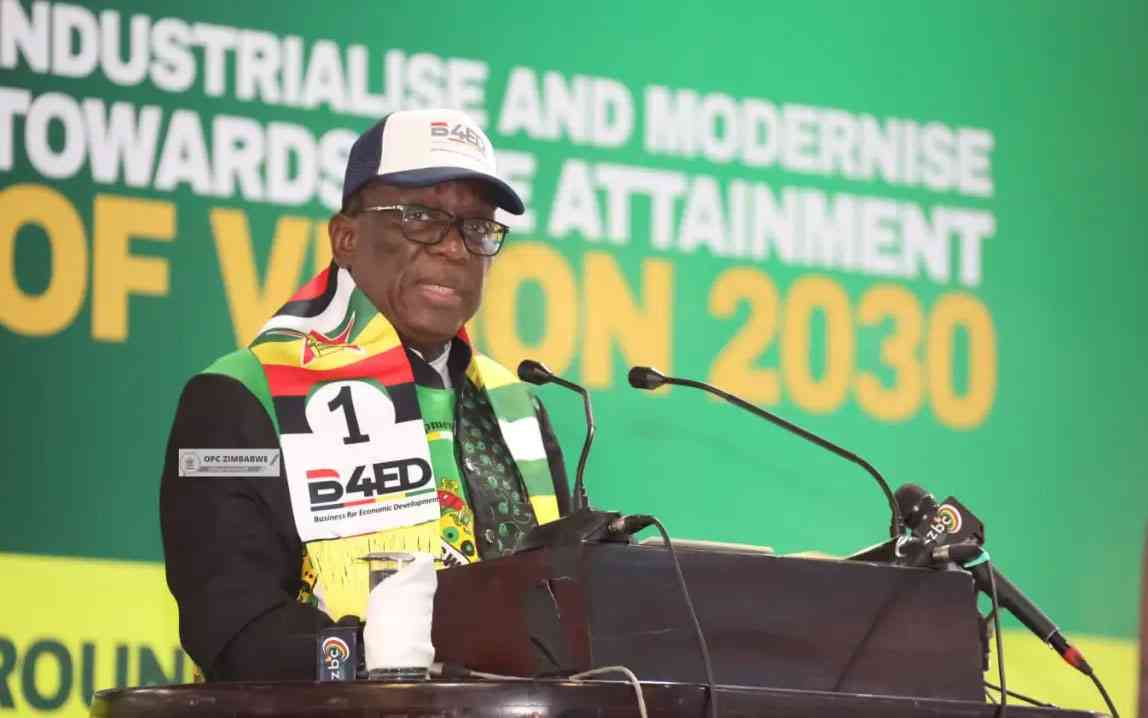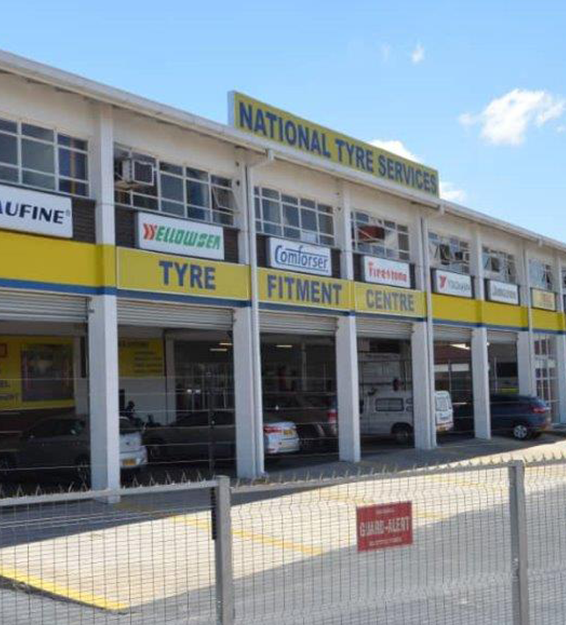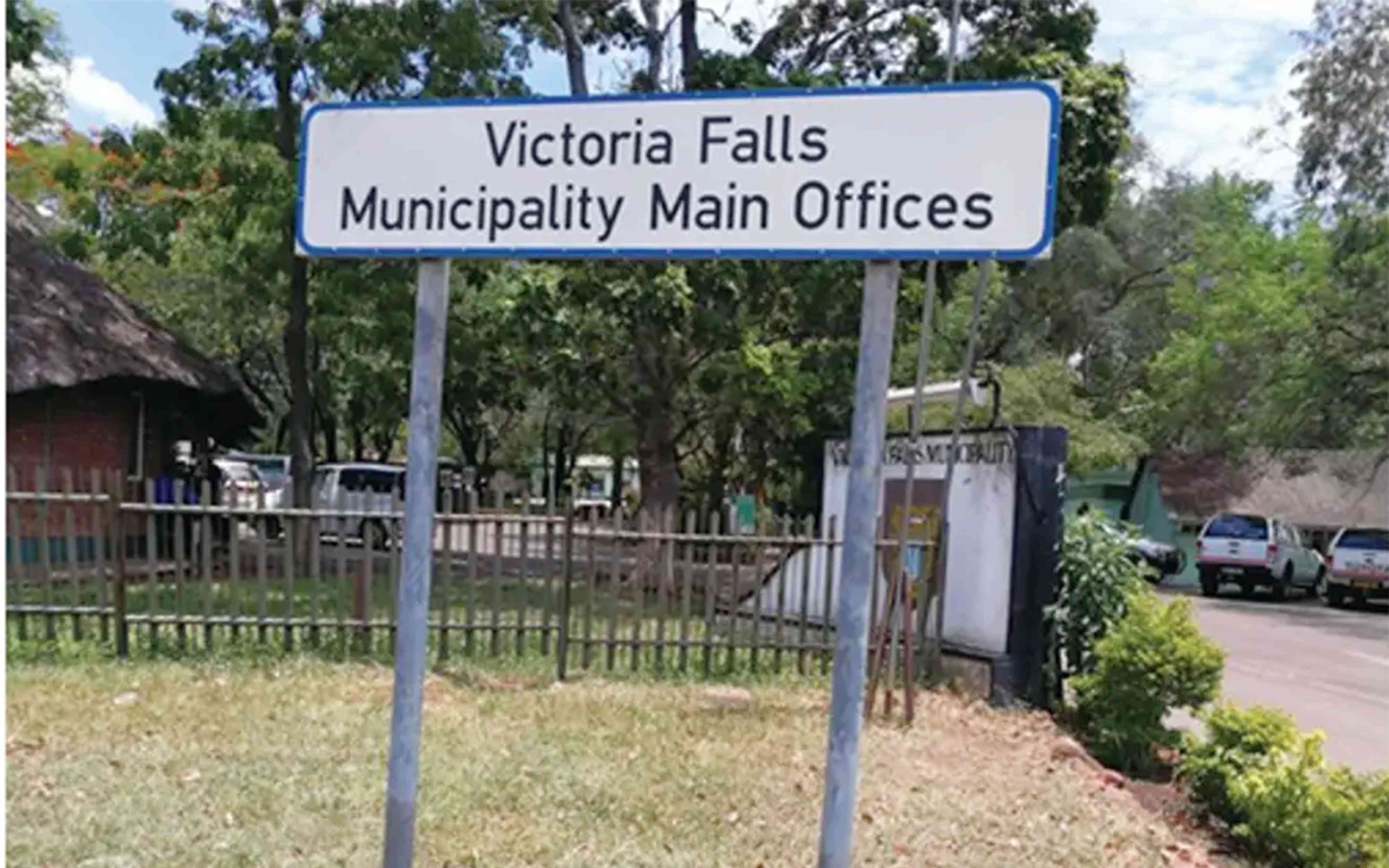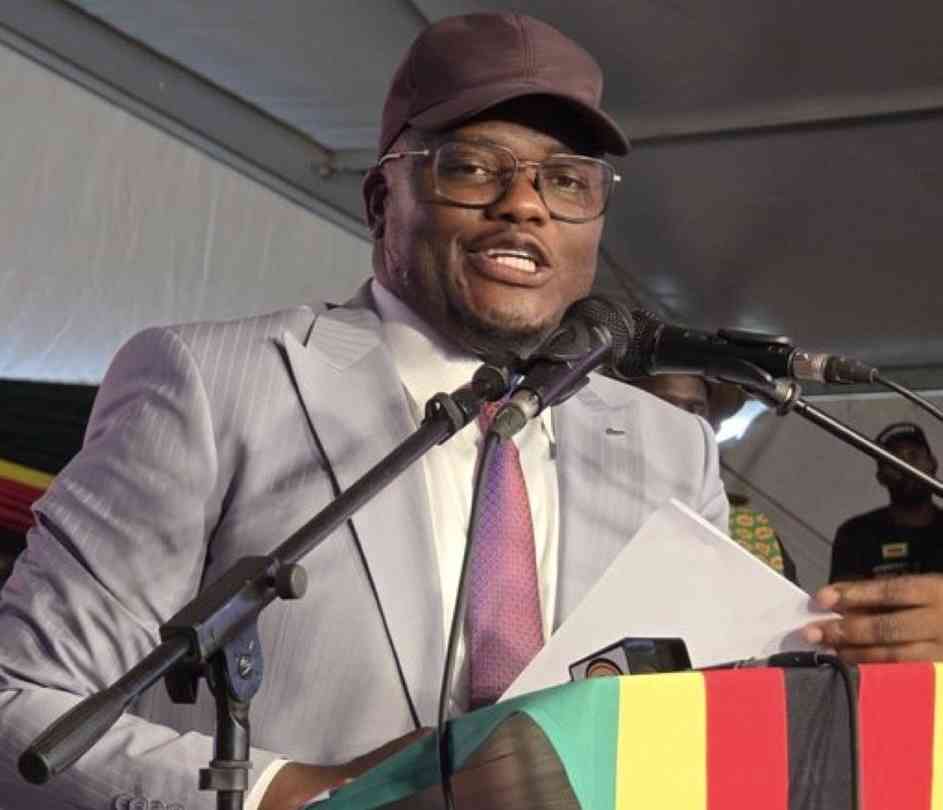
A LEADING Zimbabwean natural resources extraction and governance watchdog has exposed massive gold looting at some of the country’s richest claims at Mazowe in Mashonaland Central and Penhalonga in Manicaland in a report implicating a controversial gold dealer.
The report by the Centre for Natural Resource Governance (CNRG) titled “Zimbabwe’s Disappearing Gold: The Case of Mazowe and Penhalonga,” paints a gloomy picture of mining activities in Penhalonga where politically connected gold dealer Pedzisayi Sakupwanya is heavily involved.
It also adds a domestic twist to reports of rampant looting in Zimbabwe, which has triggered national outrage following an investigation by Al Jazeera exposing international syndicates that are allegedly looting bullion at a far worse scale than previously estimated, aided by people with connections in government.
Sakupwanya, who denied the allegations contained in the CNRG report this week, is a Zanu PF politician who allegedly has been pictured with President Emmerson Mnangagwa on various occasions.
The report exposes the “discreet” siphoning of gold through artisanal miners contracted by a big miner in the areas, mine workers, local community buyers, unregistered millers and registered buyers.
It also reiterates long held claims that Zimbabwe’s security forces are involved in mineral plunder.
At the heart of the massive gold resource in the region is Redwing Mine, one of the country’s oldest bullion mining outfits.
CNRG claimed that in 2019, Redwing inked a deal with a big mining firm and drafted over 1000 artisanal and small-scale miners to extract gold on the concession.
- Mavhunga puts DeMbare into Chibuku quarterfinals
- Bulls to charge into Zimbabwe gold stocks
- Ndiraya concerned as goals dry up
- Letters: How solar power is transforming African farms
Keep Reading
Under the deal, Redwing and the other miner would get each 30% of gold output while artisanal miners get 40%.
The unnamed miner is said to have set up a milling plant at Redwing where artisanal miners process their bullion.
The report says the miner became the sole buyer of gold delivered by artisanal miners to the mill.
It said artisanal miners have been delivering between four and five kilogrammes monthly.
CNRG said Sakupwanya’s BetterBrands Mining Company took over 132 mining claims in 2019 and alleges that he receives millions of dollars from several buyers, including powerful elites to purchase gold.
“Sakupwanya, according to one of his several runners in Penhalonga, is receiving millions of dollars from rich people… to buy gold,” CNRG claimed.
“He in turn gives the money to his army of runners throughout the country.
“CNRG spent time with one of Scott’s runners in Mutare, who was buying gold from as early as 6am till midnight.
“The gold was coming from all directions and in various quantities.
“Some of the artisanal miners were coming from as far as Chimanimani and Nyanga, although the majority were operating from within the vicinities of Mutare.”
CNRG added: “In the case of Penhalonga, accessibility to the pits has turned political as powerful Zanu PF politicians in Mutasa and Mutare districts are now partly responsible for granting access.
“These include the party youth executives, chairpersons and losing councillors of the party who were reported to be writing letters to Redwing instructing them on who should get the mining pits.
“No one gets a pit without proving their Zanu-PF membership and some officers from Penhalonga Police Station either own or sponsor mining pits at Redwing Mine.”
BetterBrands mine manager AlexioGuyo said this week the firm’s operations were legitimate.
“Our operation is very legitimate and we don’t have anything to hide.
“I prefer people to come on the ground and see what is happening then we discuss from there,” Guyo told the Independent.
But the report claimed that the area had been turned into a ‘war zone’.
“In Penhalonga, gold leakages are happening discreetly,” CNRG said.
“The so-called ‘masters’ or ‘bosses’ who lead buying syndicates either have registered mines or are registered gold buyers.
“They are just politically connected individuals, who then effortlessly smuggle the gold out of the country.
“For artisanal miners, there is an advantage in selling gold to local buyers who provide 100% ready cash in foreign currency…on a no-questions-asked basis.”
The watchdog claimed that some buyers were spiriting away gold to Mozambique.
“Local buyers travel to Manica in Mozambique through illegal routes in the forests and ‘seek’ authority to pass from (Zimbabwe National Army) officers manning the border area,” the report added.
“The soldiers are paid between US$2 and US$5 per person for the “pass” and the same applies on the Mozambican side where the gold dealers also bribe the Mozambican police, known by locals as ‘Matembeyas’.
“This trend reflects another discreet involvement of security agencies in gold leakages at the lowest level.”
CNRG said millers were required to record all the gold that they process, but they have only been submitting about 30% to officials.
The rest is diverted to the parallel market.
CNRG executive director Farai Muguwu confirmed the authenticity of the report.
“The report is very authentic and that is why we published it,” Maguwu said.
“This was a result of more than six months of research.
“I cannot say it is 100% accurate because this is an investigation on illicit crimes where you might not have a paper trail to some of the issues, but some actors were interviewed and confirmed.”










